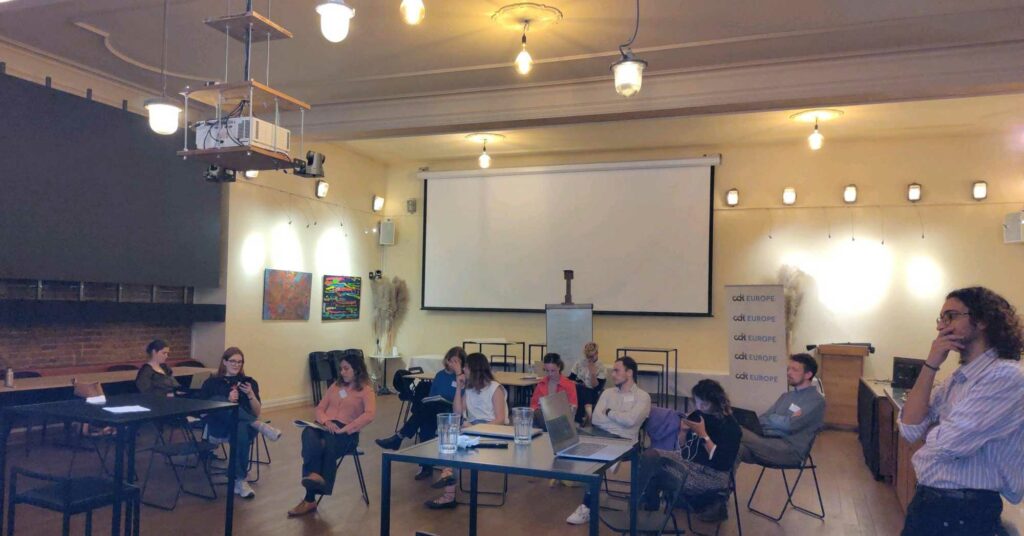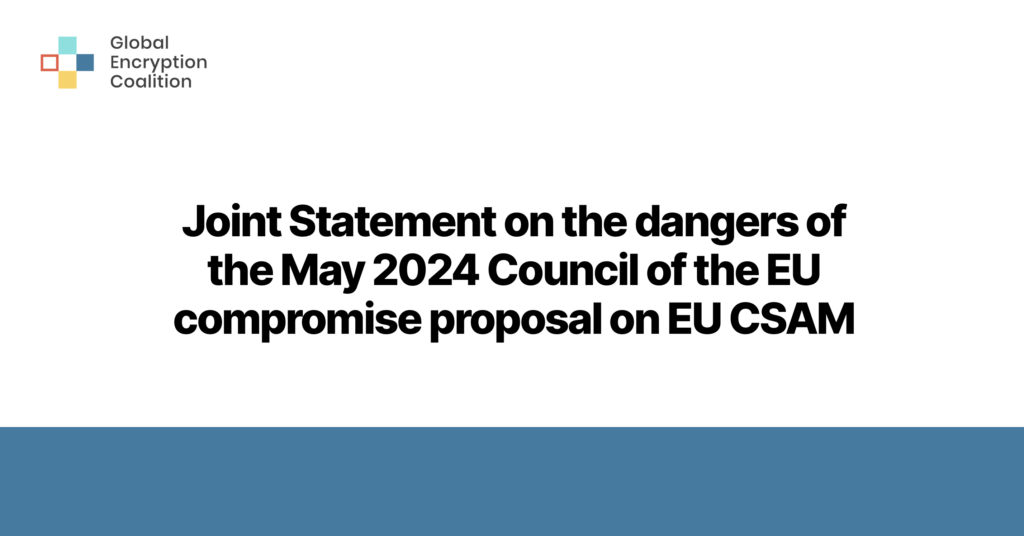CDT Europe Hosts Online Panel Event: Exploring Ways Forward to Combat Spyware in the EU
On May 15, CDT Europe hosted an online panel event: Exploring Ways Forward to Combat Spyware in the EU. The high-level panel brought together speakers from institutions, academia, and policymaking to discuss the nefarious practice of spyware being deployed by EU states against their own citizens. It particularly delved into the aftermath of the Pegasus spyware scandal and its worldwide impact, as well as the response of the EU institutions. Speakers discussed ways to ensure that the use of spyware in the EU is curtailed going forward, so that fundamental rights are respected.
The event featured, as panelists:
- Sophie in ‘t Veld, Member of the European Parliament, Renew Europe, Rapporteur of the PEGA report
- David Kaye, UC Irvine School of Law, Independent Board Chair, Global Network Initiative; former UN Special Rapporteur on freedom of opinion and expression
- Anna Buchta, Head of Unit “Policy & Consultation”, European Data Protection Supervisor
- Iverna McGowan, Tech and Human Rights Advisor, Office of the United Nations High Commissioner for Human Rights
- Host and moderator: Asha Allen, Acting Director at the Center for Democracy & Technology Europe
The speakers were especially critical of the EU institutions’ response to the urgent problem of spyware use and its impact on fundamental rights, with Sophie in’t Veld in particular condemning the EU government’s lack of action and the negligible political will on the topic. Iverna McGowan called for a global moratorium on spyware, making clear that this technology is incompatible with human rights. This point of view was firmly backed up by Anna Buchta, who questioned the legality of spyware tools, highlighting the need for a democratic societal debate about whether their use can be justified at all, and recalling that governments cannot use national security as a blanket check to bypass their legal human rights obligations.
David Kaye raised doubts as to whether grounds of national security or public order could ever justify the use of a tool that causes such extraordinary harms. He highlighted that states bear the responsibility to publicly provide evidence that the use of the tool actually achieves a legitimate objective.
Speakers then turned towards practical ways forward to tackle this critical problem, and discussed the value of the multistakeholder route, such as the Pall Mall Process, highlighting the need for this initiative to be more effective and binding on all actors involved in the development, trade, and deployment of spyware tools. Civil society has a vital role to play in shaping these processes, and states should be more open to their participation.
These key points were all then taken forward by a civil society roundtable discussion moderated by Silvia Lorenzo Perez, our Programme Director on Security, Surveillance and Human Rights, which followed straight after the online panel, and which discussed ways to maintain the need for solutions high on the agenda of EU institutions ahead of the next EU mandate to ensure accountability, transparency, and respect for fundamental rights in the use of spyware.
You can view a recording of the whole event here.


